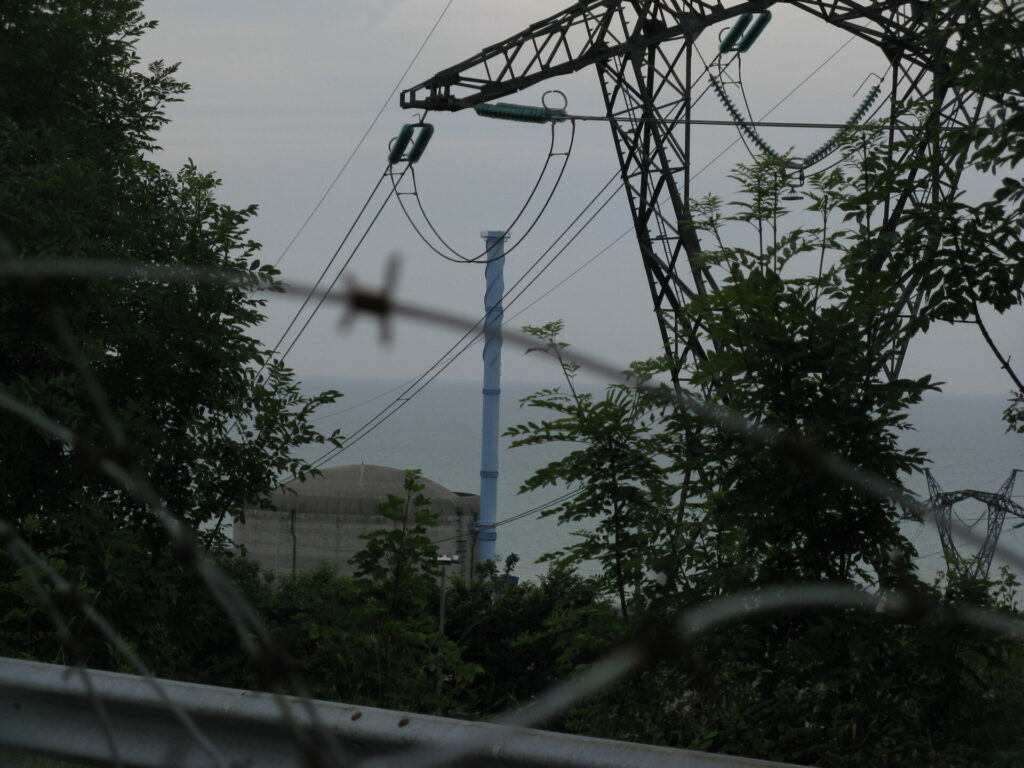Amidst the European energy crisis, 2022 was one of the worst years in recent history for French electricity production. The last time that France produced so little electricity was over 30 years ago in 1992.
This huge drop off in electricity production can be largely explained by the shutdown of many of French nuclear operator EDF’s nuclear reactors, which are currently being repaired due to the discovery of cracks, the French electricity transmission network RTE concluded in its annual report on Thursday.
“Total electricity production is at its lowest level since 1992, due to weak nuclear and hydraulic production,” RTE said in a statement. Only 62.7% of French electricity came from nuclear last year, compared to 69% in 2021 and over 70% in the years prior. France has traditionally relied on nuclear power as its primary source of energy.
In absolute terms, never have so few terawatt hours of nuclear energy been produced since 1988, before many of France’s nuclear reactors were finished. In 2005, nuclear energy production peaked at 470 terawatt hours, against just 279 terawatt hours in 2022.
Despite the unprecedented energy crisis caused by Russia’s invasion of Ukraine, which has severely disrupted the supply of energy across Europe, “France has shown its resilience and its security of supply has been guaranteed,” claimed Xavier Piechaczyk, Chairman of the Board at RTE, during a recent press conference.
Related News
- Renewable energy will cover a large share of electricity demand growth, IEA forecasts
- Belgium looks for further extension of nuclear reactors
Demand-side measures, aimed at curbing the consumption of electricity, also helped ease the burden on the French grid last year. Compared to average values between 2014 and 2019, electricity consumption for 2022 fell by 4.2%, with significant reductions in the final quarter.
Much of France’s reliable electricity supplies have come from Belgium. Belgium was the main supplier of electricity to France last year, with net cross-border exports almost four times greater than in 2021.

